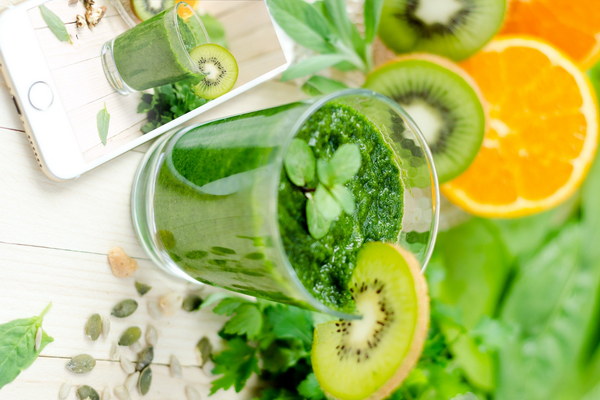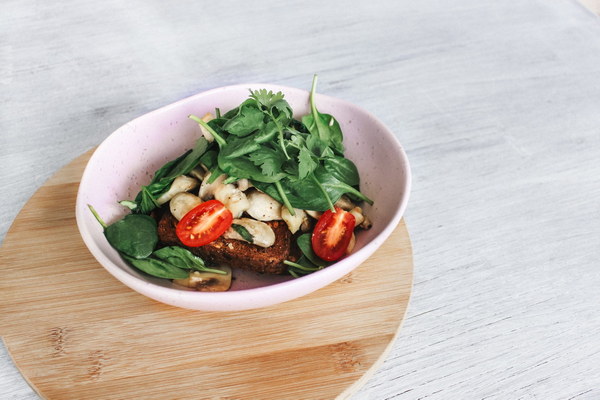Traditional Chinese Medicine A Comprehensive Guide to Qing Fei Decoction's Herbal Formula
In the realm of traditional Chinese medicine (TCM), the Qing Fei Decoction holds a significant place as a well-established formula used for treating respiratory conditions. This decoction, known for its cooling and nourishing properties, aims to clear heat from the lungs and improve respiratory health. To help you understand the intricacies of this ancient remedy, this article provides a comprehensive guide to the Qing Fei Decoction's herbal formula.
I. Introduction to Qing Fei Decoction
Qing Fei Decoction is a classical TCM formula that has been used for centuries to treat various respiratory disorders, including common cold, influenza, bronchitis, and asthma. The formula is designed to clear heat from the lungs, nourish the yin, and strengthen the body's immune system. Its primary goal is to alleviate symptoms such as cough, fever, sore throat, and difficulty breathing.
II. Herbal Formula of Qing Fei Decoction
The Qing Fei Decoction formula consists of several key herbs that work together to achieve its therapeutic effects. Here is a detailed breakdown of each herb and its properties:
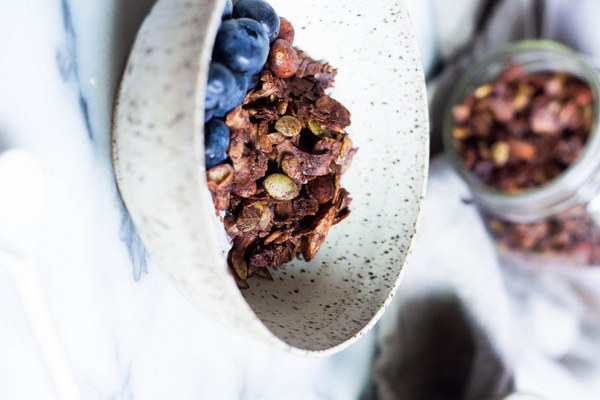
1. Ma Huang (Ephedra sinica): As the primary herb in the formula, Ma Huang is known for its ability to expel wind and relieve congestion. It helps in opening up the respiratory tract and reducing symptoms of asthma and bronchitis.
2. Gan Cao (Licorice root): This herb serves as a harmonizer and helps to moderate the effects of other herbs in the formula. Gan Cao also has anti-inflammatory properties and can alleviate sore throat and cough.
3. Jing Jie (Schizonepeta tenuifolia): Jing Jie is used to expel wind and clear heat, making it an effective herb for treating respiratory conditions accompanied by fever and sore throat.
4. Bai Zi Ren (Semen biotae): This herb is known for its cooling properties and is used to nourish the lung yin and relieve cough. It is particularly useful for treating chronic coughs and dry throat.
5. She Cha Hu (Shechuangpu): She Cha Hu helps to clear heat and expel wind, making it another effective herb for treating respiratory disorders.
6. Fu Ling (Poria cocos): Fu Ling is used to drain dampness and improve lung function. It also helps to alleviate cough and relieve respiratory congestion.
7. Ren Dong Teng (Mucuna pruriens): Ren Dong Teng is known for its nourishing properties and is used to strengthen the body's immune system. It can also help to alleviate symptoms of fatigue and weakness.
8. Ge Gen (Pueraria lobata): Ge Gen is used to clear heat and expel wind, and it can help alleviate symptoms such as fever, sore throat, and cough.
III. How to Prepare Qing Fei Decoction
To prepare the Qing Fei Decoction, follow these steps:
1. Measure the required amount of each herb according to the prescribed dosage.
2. Rinse the herbs thoroughly to remove any impurities.
3. Place the herbs in a pot and add water.
4. Bring the water to a boil, then reduce the heat and simmer for 30 minutes.
5. Strain the decoction and allow it to cool before drinking.
IV. Dosage and Administration
The recommended dosage for Qing Fei Decoction is 1-2 cups per day, taken twice daily. However, it is important to consult with a qualified TCM practitioner before starting the treatment, as individual dosages may vary based on the severity of the condition and individual factors.
V. Conclusion
The Qing Fei Decoction is a time-honored formula in traditional Chinese medicine, offering a natural and effective solution for treating respiratory conditions. By understanding the herbal formula and its properties, you can make informed decisions about incorporating this ancient remedy into your wellness regimen. Always consult with a healthcare professional before starting any new treatment, especially if you have pre-existing health conditions or are pregnant.
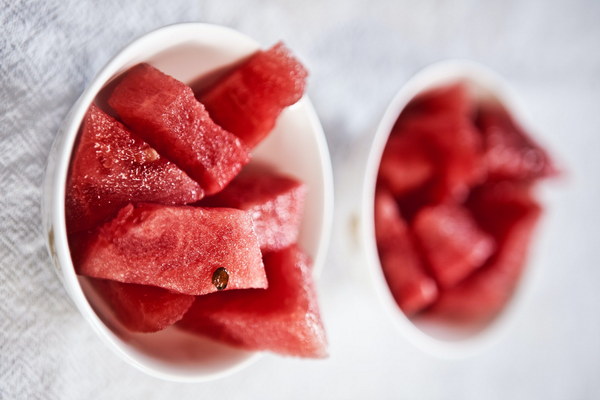
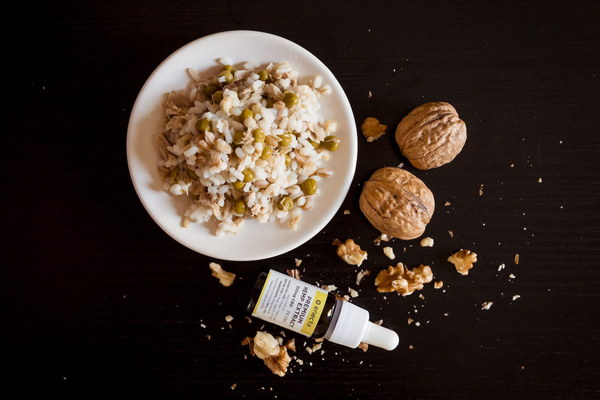
![Discover the Beauty of Foshan Explore Skincare and Beauty Services at [Address] - Contact Us Now!](http://img.bluepurple.cn/a/养生/117/Discover-the-Beauty-of-Foshan-Explore-Skincare-and-Beauty-Services-at-Address-Contact-Us-Now.jpg)



